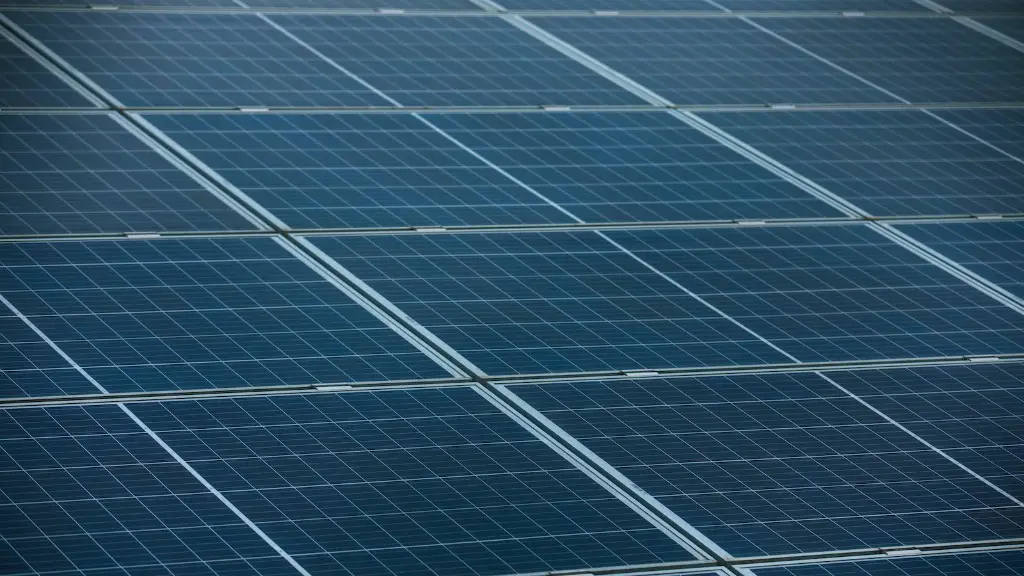The question of whether pollution leads to global warming is one that continues to spark debate among both climate scientists and decision makers. The scientific evidence suggests that there is indeed a link between increased emissions of certain pollutants, such as carbon dioxide and other greenhouse gases, and the rising temperatures we observe around the world. As public awareness of climate change continues to rise, the debate around pollution and its environmental consequences is likely to deepen in the years to come.
At the most basic level, it is important to understand that pollution, like global warming, is the result of human activities. The burning of fossil fuels, such as coal and oil, emits carbon dioxide, methane and other gases into the atmosphere. Such gases, also known as greenhouse gases, are all responsible for trapping heat within the atmosphere and driving up global temperatures. In other words, pollution contributes to global warming by creating a heat-trapping layer of gases around the Earth.
In addition to those emissions directly created by human activities, the destruction of forests and other natural ecosystems play a role, too. When forests are cleared for logging or land development, vast amounts of carbon dioxide are released into the atmosphere. This, in turn, contributes to an increase in global temperatures. In this way, human-caused pollution and destruction of natural ecosystems lead to a vicious cycle of increased global warming.
The consequences of global warming are far-reaching and their effects may be devastating. According to a recent report, changes in global temperatures could lead to extreme weather events such as droughts, floods and hurricanes, as well as rising sea levels, which could threaten coastal cities and economic hubs. The report also warns of the loss of fisheries and other marine life due to coastal acidification and the destruction of coral reefs. Moreover, global warming could lead to the extinction of certain species, as well as increased risk of infectious diseases due to changing rainfall patterns and the displacement of millions of people due to extreme weather-related events.
Therefore, it is essential for individuals, businesses and governments to work together to reduce human-caused pollution and its associated risks. In the short term, this means taking measures to decrease emissions from vehicles, factories and power plants. It also means implementing policies and programs to reduce deforestation and other activities that can lead to the destruction of natural ecosystems. In the longer term, it will also involve increased investments in renewable energy sources, such as solar and wind power, to create cleaner, low- or zero-emission sources of energy. Finally, it will involve engaging in global conversations on climate change and cooperation to create a more sustainable future.
Tackling the global pollution problem is an ambitious but achievable task. It will take concerted efforts from all corners of society, but we must take action before the consequences become too dire. Now is the time to take meaningful steps to reduce emissions and move our world towards a cleaner, more sustainable future.

